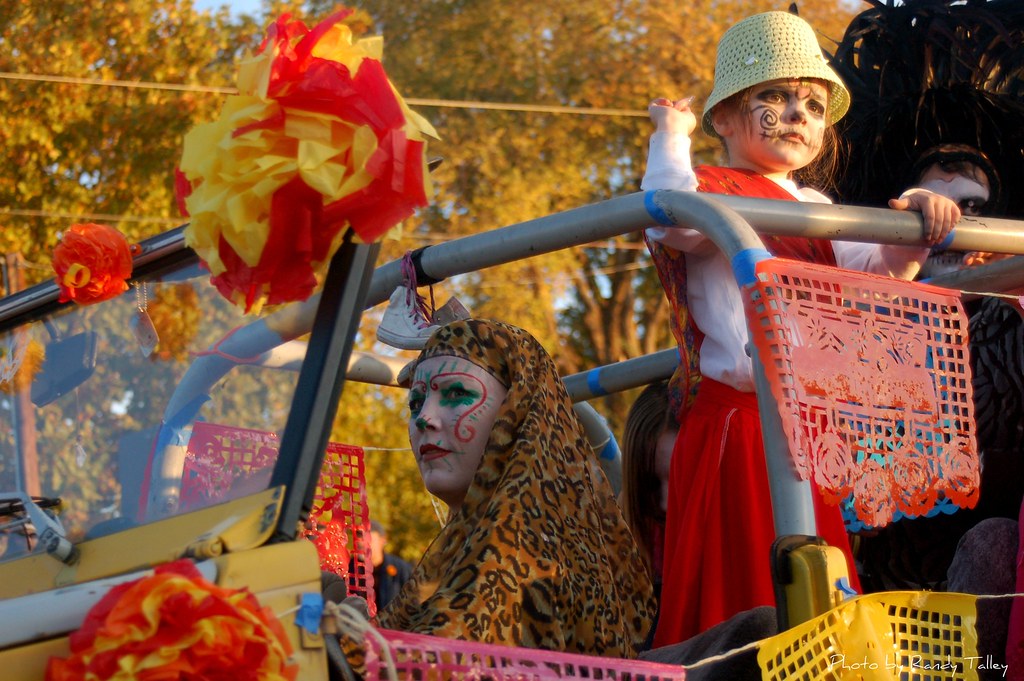Death affects us all, but seeing death as a taboo is holding us back.
No matter how vitamin-packed your daily Nutribullet, there is simply no way of avoiding the Grim Reaper.
So, why are we so afraid of him? And why is there such a taboo around death in Western culture?
What is a taboo anyway? Is our fear of death justified?
And what kind of weird and wonderful ways have people around the world tried to protect themselves against the fear of death?
These are some of the questions we are going to get into in this post.
As a starting point, here is an interesting couple of facts for you.
- Did you know that the word “taboo” comes from the Tongan “tapu” or Fijian “tabu” (“prohibited”, “disallowed”, “forbidden”)?
- For the indigenous Shuswap tribe in British Columbia, when a man’s wife dies or vice versa, the widow/widower is completely secluded from the rest of the tribe and forbidden to touch their own head or body. If anyone goes near the widow or widower, s/he would get instantly sick. The ghost of the deceased is kept at bay by using thorn-bushes as pillows. Ouch!
Let’s do a thought experiment together. Imagine, if right now you knew, you absolutely knew, that you had squeezed the juice out of every moment of life, that you had loved with all of your heart, that you had courageously pursued your deepest dreams, then would dying tomorrow feel like such an outrage? Or would it perhaps feel more like a fitting finale to a life well lived?
Perhaps our greatest fear isn’t of death after all, but a life un-lived, a dream unfulfilled.
Unfortunately, the death taboo means we avoid talking about, reflecting on, or being near death. As a result, we spend too many hours of too many days with our heads in the sand.
So, we think it’s time to break the taboo of talking about death.
The team here at Apart of Me have been busy researching death as a taboo, as we believe it’s super helpful to understand where this fear comes from, the effect it has on us, and how we might overcome it.
We asked our community for their thoughts on the death as taboo. Below are some of the best things we learned.
Enjoy!
- As we live longer lives, talking about death becomes even more difficult. The average lifespan in Victorian England was 41 (it’s doubled in 100 years). And yes, they were really good talking about death - not so good on sex. They even had Death Nightclubs with bars made from coffins.
- Surveys show that more than half of Britons in relationships are unaware of their partners’ end-of-life wishes. This makes things very tricky when the end of life comes unexpectedly. Have you thought about your end of life wishes?
- Despite the taboo, we are compelled towards death anyway - in the news, on our Playstation games, on Netflix. Enter the controversial smash hit 13 Reasons Why, about a teenage girl who commits suicide. The show has been widely condemned for glamourising suicide. But aren’t we better talking about these things? Isn’t it strange that in this day and age, news of Prince Harry “revealing” that he sought therapy after the sudden and tragic death of his mother is still labelled as “breaking”?
- Some people have taken serious measures to overcome the fear of death. The Aghori Monks of Varanasi surround themselves with death and decay, including eating human flesh from recently dead bodies. They believe taking the Death Taboo to town brings them closer to enlightenment. Just don’t try this at home!
- Instead, why not take the inspiration from the Death Over Dinner or Death Café projects, encouraging people to… yep, you guessed it… organise a dinner or a “coffee and cake morning” and talk about death. Life’s too short to be wasted on small talk. Deep talk brings us closer together.
- When we don’t talk about death, when we don’t allow ourselves to grieve, this has negative consequences that can last a lifetime. Footballer Jonathan Walters talked about how he was sent back to school the day after his mum died, and he never really got over it. In his own words: “My dad didn’t know what to do so he sent us into school to try and carry on being normal. My mum was almost a taboo subject after she passed away.”
- Loss is an integral part of human existence. Understanding and accepting this fact helps to see grieving in a different light - as an act of soul cleansing, time to regenerate, quietly reflect and allow yourself time to notice the beautiful wisdom of life.
- And finally, this is from a dear member of our tribe, Penny, who shared her experience of the Death Taboo when her dad was dying:
I always remember being stunned when I openly talked about my dad’s cancer being terminal, knowing there were so many father/daughter things I’d never have, and being met with “oh you never know it might all be alright”… It just left me wondering if they’d even heard what I’d just said or if they were choosing to belittle my experience. People often ignore or blame you for what they can’t fix.
Apart of Me is a charity dedicated to helping children, young people and their families find their way through grief. Visit the About page for more details on what we do.
